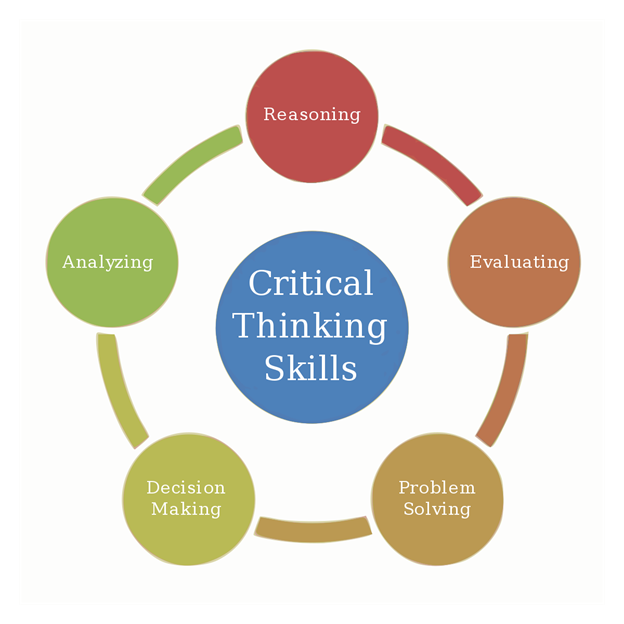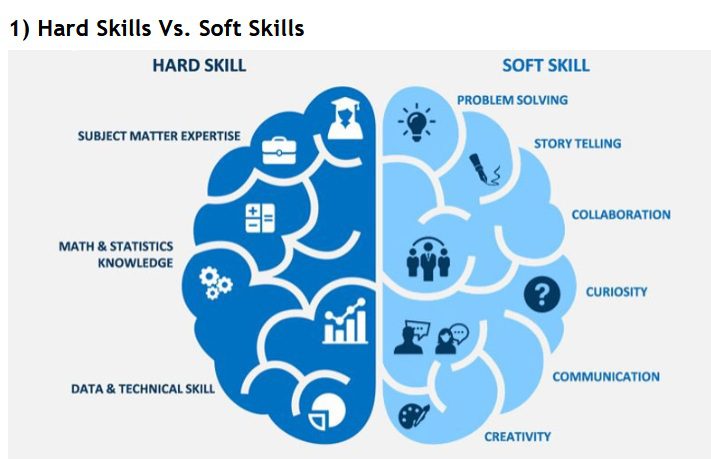Curriculum
Soft Sales Skills For Sales People
Soft Skills in Sales
0/14-
Soft Sales Skills Training Preview
-
Introduction to Soft Skills for Sales
-
What are soft sales skills
-
Emotional Intelligence
-
What is Communication
-
Non-Verbal Sales Communication
-
Listening Communication Skills
-
Using Empathy In Sales
-
Confidence as a Sales Soft Skill
-
Assertiveness in Your Sales Role
-
Creativity in Sales
-
Growth Mindset in Sales
-
Time Management in Sales
-
Soft Sales Skills Course E-Book Download
Soft Sales Skills Training Preview
Soft Sales Skills Training
Soft Skills for Sales is designed to help salespeople understand essential non-technical skills for success in the complex selling environments of today and tomorrow. The program highlights the skills for the way we think, the way we interact with others, how we manage ourselves, and how we communicate. Soft skills training is essential today. It is often said that hard sales skills will get you in front of a customer, but you need soft sales skills to win over and keep the customer. Soft sales skills are essential attributes that complement technical or harder selling skills and are related to how salespeople interact with customers or prospects and navigate their environment in today’s interconnected and fast-paced world. The importance of soft sales skills lies in a salesperson’s ability to enhance their personal effectiveness, improve interpersonal relationships, and contribute to overall success in various aspects of life, including work.
How to Develop Soft Skills In Sales
Developing soft-selling skills requires conscious effort and ongoing practice. This is the reason our training course initiates the knowledge trip from communication and active listening. Paraphrasing a military quote (you can lead if you haven’t learned to lead), you can’t build soft sales skills if you haven’t been exposed to and treated with soft skills. Remember that developing soft sales skills is a continuous process that takes time and effort. Be patient with yourself and celebrate your progress along the way as you learn, implement, and reflect.

Example: Understanding Emotional Intelligence.
Definition: Ability to recognize, understand, manage, and use emotions effectively.
Work on developing empathy and emotional intelligence by putting yourself in others’ shoes, recognizing and understanding their emotions, and responding with sensitivity and understanding. Actively practice empathy by trying to understand others’ perspectives and experiences. Engage in activities that broaden your worldview and expose you to diverse perspectives and opinions. Understanding emotional intelligence is essential for personal development, effective communication, and building customer relationships. Key components of emotional intelligence are self-awareness, self-regulation, social awareness, empathy, and interpersonal skills. Self-awareness is the foundation of emotional intelligence. It involves being in tune with your own emotions, strengths, weaknesses, values, and motivations. Self-aware individuals recognize their emotions as they arise and understand how they influence their thoughts, behaviors, and decisions.
These emotions, impulses, and reactions in various situations need to be self-regulated. It involves maintaining composure under pressure, managing stress effectively, and responding thoughtfully rather than reacting impulsively. Self-regulation also includes being adaptable and flexible in the face of change. Recognizing and understanding one’s emotions should occur as they occur because this is very important since emotions influence thoughts and behavior. As a practical example, you should start recognizing when stress affects decision-making, a most common emotion for all.
Similarly, self-motivation (driving oneself towards goals) is another excellent area to build our emotional intelligence. What drives and makes us passionate about? How can we set goals for clear and achievable objectives, and how can we overcome challenges like maintaining motivation in the face of obstacles? How can we keep a positive attitude for continuous improvement? Self-control is also very important, helping to manage emotions effectively. Controlling impulsive reactions in challenging situations by remaining calm and ensuring emotions don’t cloud judgment is very important. Social awareness is the ability to understand and empathize with the emotions, perspectives, and experiences of others. It involves accurately reading social cues, recognizing non-verbal communication, and showing empathy and compassion towards others. Socially aware individuals are attuned to the dynamics of interpersonal relationships and demonstrate respect for diversity and inclusion.

Soft Skills Development
To work in any occupation (especially sales), you need what are referred to as ‘soft skills’ (often referred to as ‘life skills” or “higher order skills’). Soft skills, as opposed to hard skills (such as technical skills), greatly impact the development of salespeople. Sales organizations today recognize that the professional development of their salespeople plays an important part in maintaining relationships with their customers, clients, suppliers, and co-workers and developing a successful business. However, soft sales skills are not a replacement for hard or technical skills. In fact, they are complementary to them and serve to unlock the potential of people equipped with the hard sales skills. Soft skills are the personal character traits or qualities each of us has. They make us who we are, generally encompassing our attitudes, habits, and how we interact with other people. They refer to abilities that make people better employees and open doors for many opportunities that are not directly related to the subject matter of their jobs. In other words, soft skills refer to a person’s ability to relate to others, to get him/her and others organized, and to communicate in written, spoken, or other forms.

The Need For Soft Sales Skills
Soft sales skills allow us to effectively and efficiently use our technical skills and knowledge. They improve the way we interact with our customers, prospects, bosses, and co-workers. They permit us to get our work done on time. They influence how we feel about our jobs and how others perceive us. Consequently, the demand for and reliance on soft skills is on the increase due to constant change in the sales environment, customer-driven market, information-based technology, and globalization. The development of soft skills in this market is important, as there is intense competition for many available positions. The ability to develop and use soft sales skills can make the difference between the sales achiever and the non-achiever.